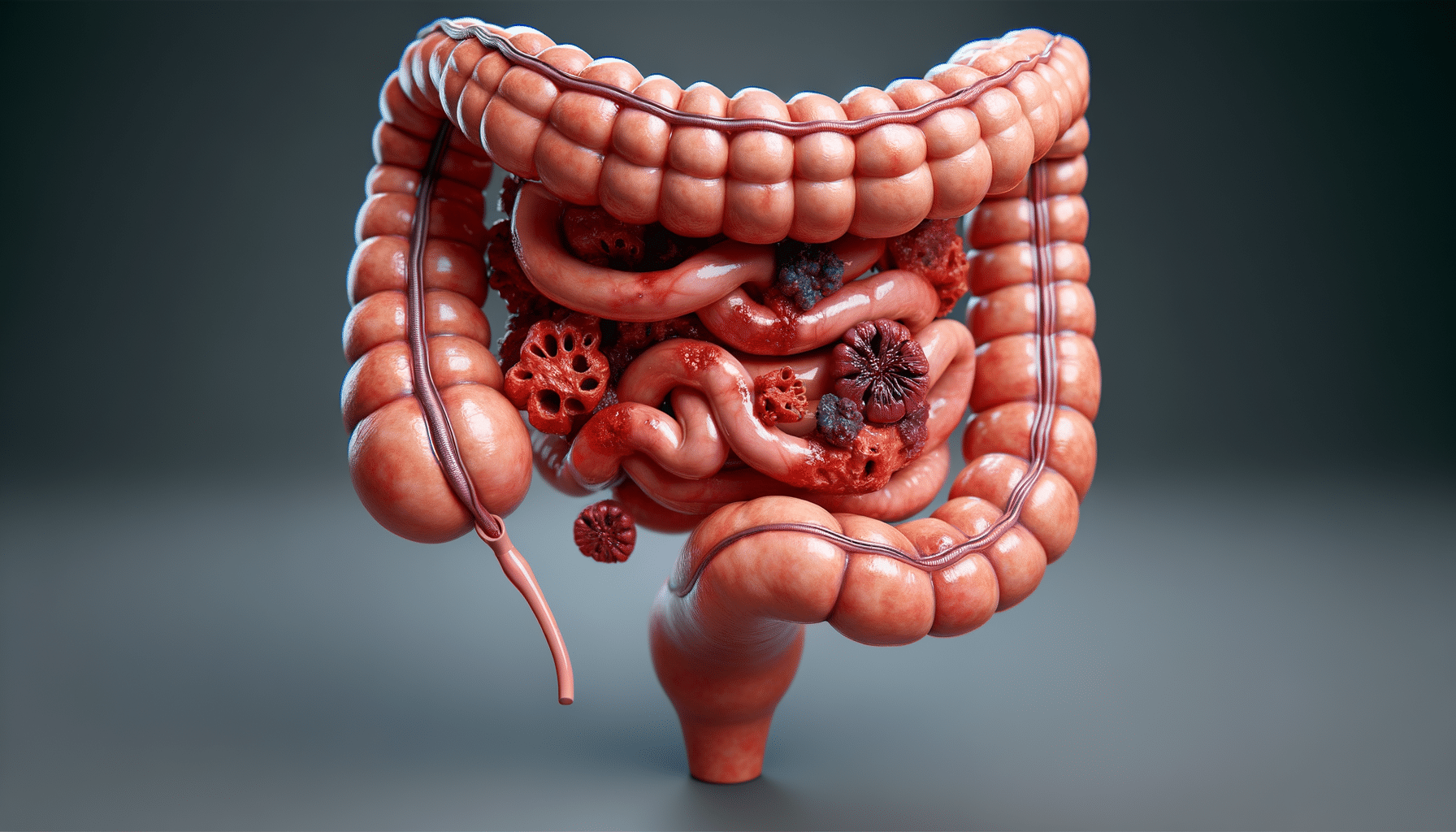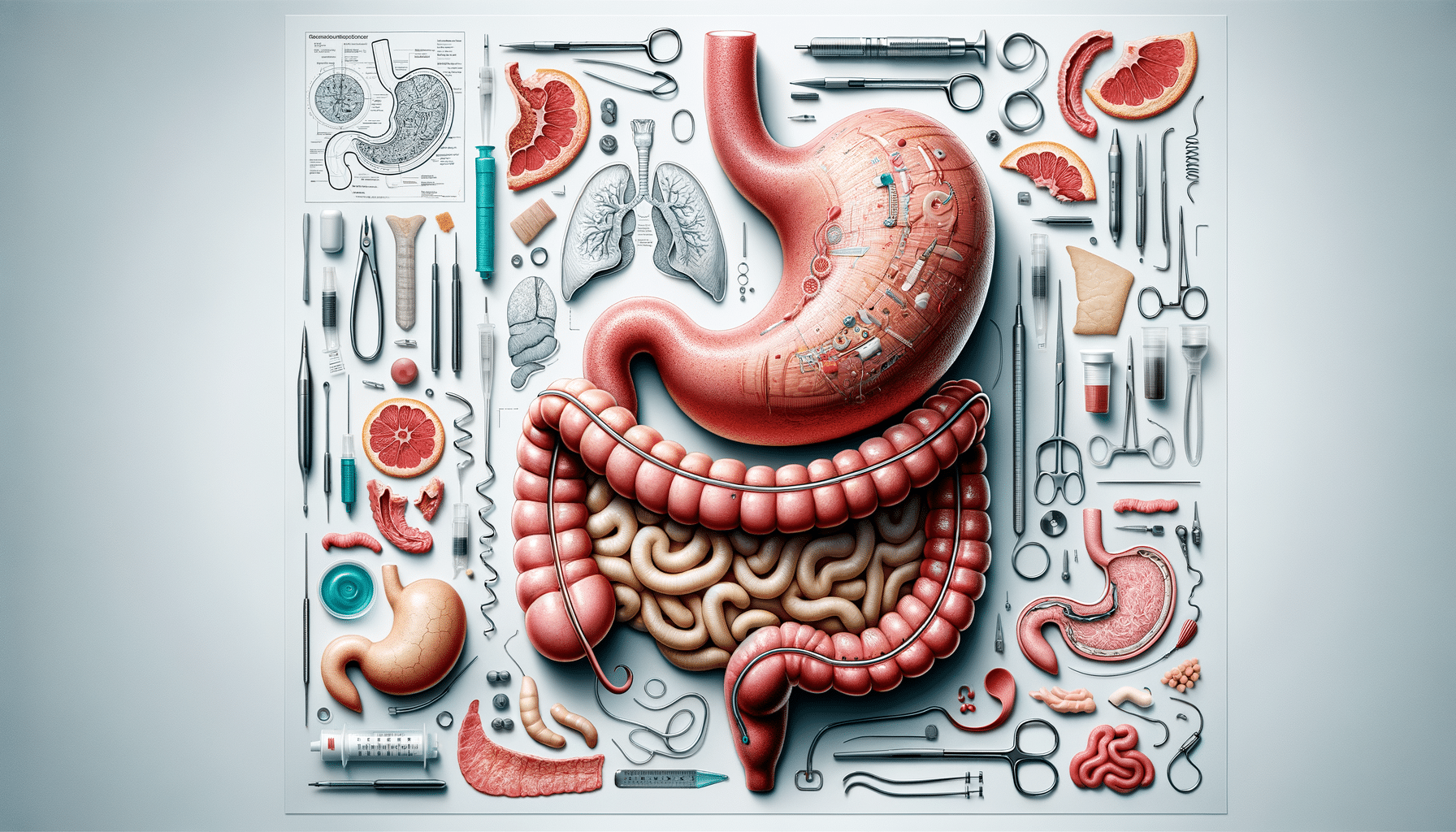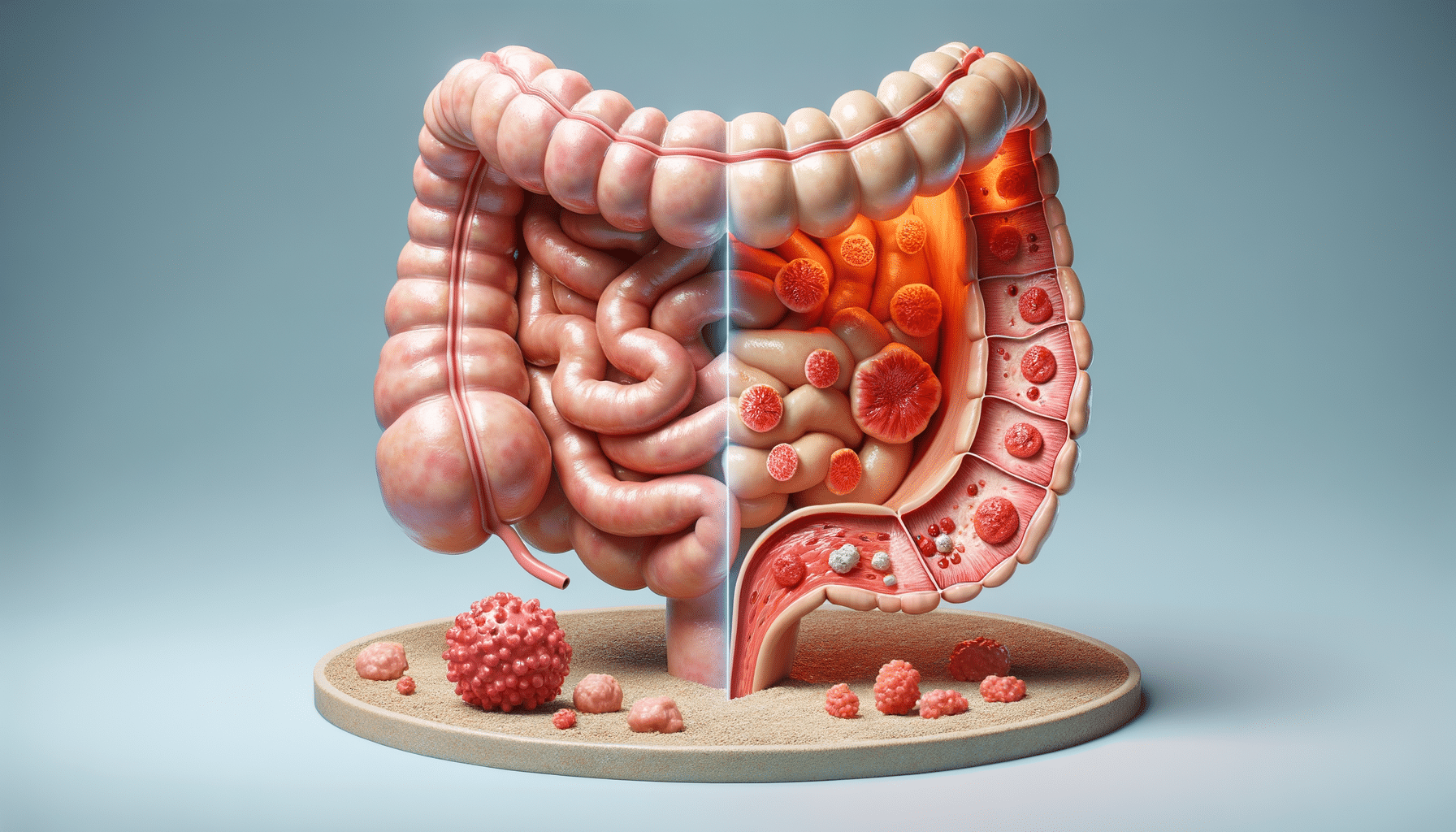
Colon Cancer: How It Spreads, Early Signs, and What You Need to Know
Understanding Colon Cancer
Colon cancer, also known as colorectal cancer, originates in the colon or rectum. It is one of the leading causes of cancer-related deaths worldwide. The colon is part of the digestive system, and cancer in this area can disrupt normal digestive processes. This type of cancer often begins as small, benign clumps of cells called polyps, which can develop into cancer over time. Regular screening is crucial because polyps can be detected and removed before they turn cancerous.
Several risk factors contribute to the development of colon cancer. These include age, family history, certain genetic syndromes, lifestyle factors such as diet and exercise, and conditions like inflammatory bowel disease. Understanding these risk factors can help in taking preventive measures and making informed decisions about health screenings.
Colon cancer can be slow-growing, which means symptoms might not appear until the disease is advanced. This underlines the importance of regular screenings, especially for those over the age of 50 or with a family history of the disease. Early detection can significantly improve treatment outcomes and survival rates.
How Colon Cancer Spreads
Colon cancer spreads through a process known as metastasis. Initially, cancer cells break away from the primary tumor in the colon. These cells can invade nearby tissues and structures, such as the lymph nodes. From there, cancer can spread to other parts of the body through the bloodstream or lymphatic system.
The liver is often the first site where colon cancer spreads. This is because the blood supply from the intestines goes directly to the liver, providing a pathway for cancer cells to travel. Other common sites include the lungs, bones, and the peritoneum, which is the lining of the abdominal cavity.
Understanding the pathways of metastasis is crucial for developing targeted treatments and improving patient outcomes. For instance, if colon cancer is detected in the liver, treatment plans might include surgery to remove liver tumors, chemotherapy, or targeted therapies designed to attack cancer cells specifically.
Recognizing Early Signs and Symptoms
Early detection of colon cancer can make a significant difference in treatment success. However, symptoms often do not appear until the disease has progressed. Some early signs to watch for include:
- Changes in bowel habits, such as persistent diarrhea or constipation
- Blood in the stool or rectal bleeding
- Abdominal discomfort or bloating
- Unexplained weight loss
- Fatigue and weakness
It’s important to note that these symptoms can also be caused by other, less serious conditions. However, if you experience any of these symptoms persistently, it’s crucial to consult a healthcare professional for evaluation and potential screening.
Screening tests, such as colonoscopies, are effective tools for detecting colon cancer early. These tests can identify polyps before they become cancerous, allowing for early intervention and treatment.
Treatment Options for Colon Cancer
Treatment for colon cancer depends on several factors, including the stage of cancer, its location, and the patient’s overall health. Common treatment options include surgery, chemotherapy, radiation therapy, and targeted therapies.
Surgery is often the primary treatment for early-stage colon cancer. It involves the removal of the tumor and surrounding tissue to prevent further spread. In some cases, a portion of the colon may be removed, and the healthy ends are reconnected.
Chemotherapy uses drugs to kill cancer cells or stop them from growing. It is often used after surgery to eliminate any remaining cancer cells. Radiation therapy may be used to shrink tumors before surgery or to relieve symptoms in advanced cancer stages.
Targeted therapies are newer treatments that focus on specific molecules involved in cancer growth. These therapies can be effective for certain types of colon cancer, especially when combined with other treatments.
The Importance of Early Detection and Prevention
Early detection and prevention are key components in the fight against colon cancer. Regular screenings, such as colonoscopies, can detect polyps and early-stage cancer before symptoms appear. This proactive approach can significantly improve survival rates and reduce the risk of cancer progression.
Prevention strategies include maintaining a healthy lifestyle. This involves eating a balanced diet rich in fruits, vegetables, and whole grains, engaging in regular physical activity, and avoiding smoking and excessive alcohol consumption. These lifestyle choices can reduce the risk of developing colon cancer and improve overall health.
Genetic counseling and testing can be beneficial for individuals with a family history of colon cancer or genetic conditions that increase cancer risk. These services can provide valuable information and guide decisions regarding screening and preventive measures.
In conclusion, understanding colon cancer, its spread, early signs, and treatment options is crucial for effective management and prevention. By staying informed and proactive, individuals can take control of their health and reduce their risk of colon cancer.


